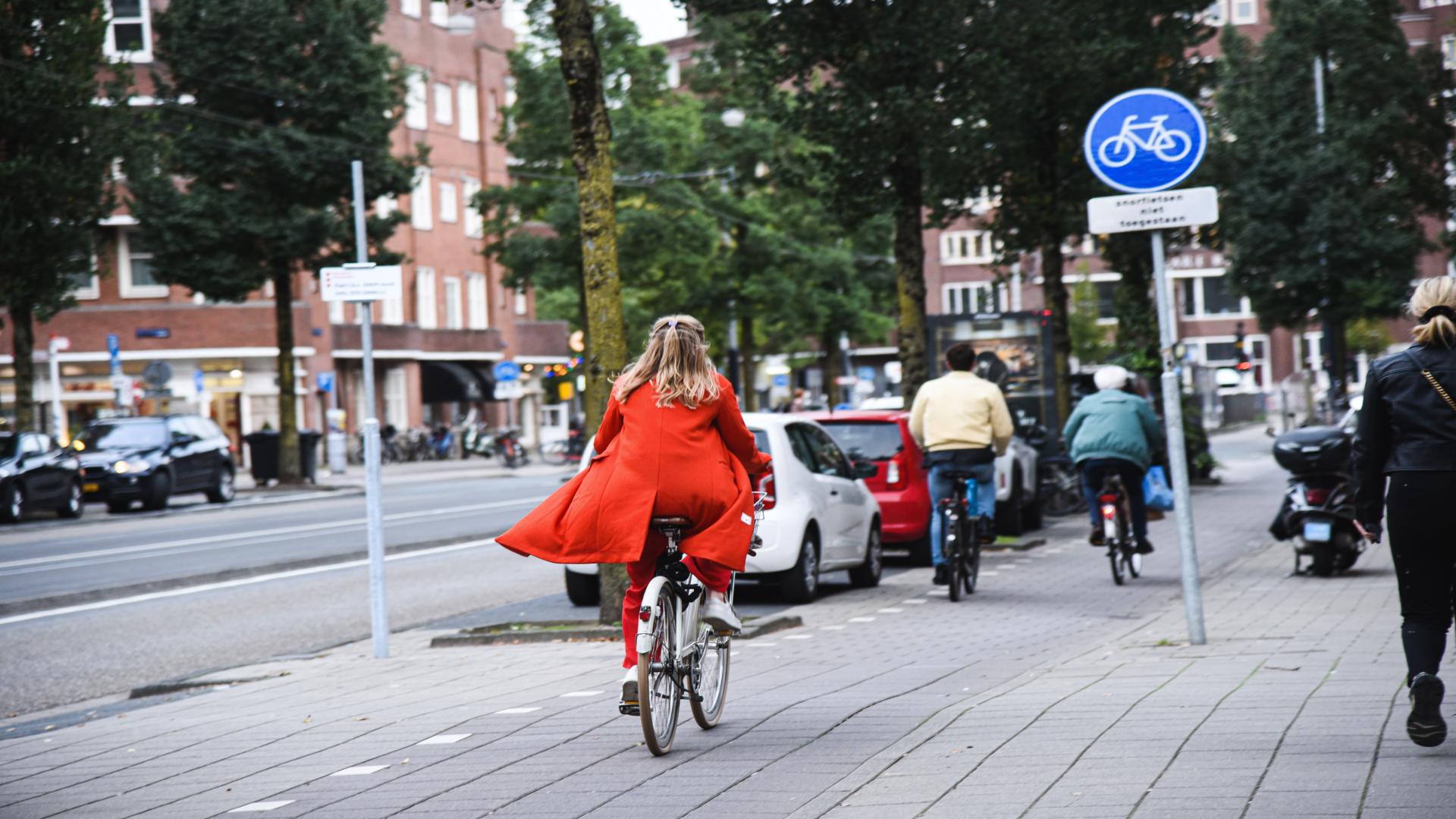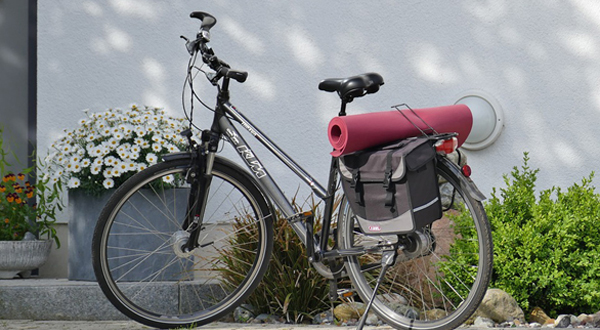The Impact of Electric Bicycle Conversion Kits on Urban Commuting
With technological advancement and the acceleration of urbanization, electric bicycles have become a popular mode of transportation in modern cities. In recent years, the widespread use of electric bicycle conversion kits has further accelerated this trend. These kits not only change the traditional bicycle’s power system but also have a profound impact on urban commuting. This essay explores the various ways in which electric bicycle conversion kits influence urban commuting.

First, electric bicycle conversion kits enhance travel efficiency. While traditional bicycles are environmentally friendly and flexible, riders often become fatigued on longer trips or when faced with steeper terrain. This limits the practicality of bicycles as a daily transportation option. Electric bicycle kits significantly increase the power of the vehicle, reducing the rider’s physical exertion and allowing them to handle various terrains more easily, thus extending the range of daily commutes. In most cities, electric bicycles can quickly navigate congested streets, avoiding rush-hour traffic jams. This flexible and efficient mode of transportation saves urban residents considerable commuting time, thereby improving both their work and life efficiency.
Secondly, electric bicycle kits play an important role in environmental protection and energy conservation. In cities, automobile emissions are one of the main causes of air pollution. In contrast, electric bicycles are powered by electricity and produce zero emissions, meaning they do not emit harmful gases. Additionally, electric bicycles consume relatively little energy, with a single charge sufficient for long-distance travel. The widespread use of electric bicycle conversion kits not only reduces individual reliance on non-renewable resources like gasoline but also contributes to the improvement of urban air quality.
Moreover, the popularity of electric bicycle kits has shifted people’s preferences for commuting tools. In the past, many urban residents relied on private cars or public transportation for their daily commutes. In large cities, the increasing use of private cars has led to severe traffic congestion. However, the advent of electric bicycle kits has provided city dwellers with a more economical and convenient travel option. Compared to cars, electric bicycles are lower in cost and more flexible to use. As a result, many short-distance commuters, especially young people, are choosing electric bicycles as their primary mode of transportation, reducing their dependence on cars. In some cases, electric bicycles can even serve as a valuable complement to public transportation systems, helping people solve the “last mile” problem.
At the same time, the spread of electric bicycle kits has promoted the growth of the sharing economy. In recent years, many cities have introduced electric bicycle-sharing programs, allowing residents to rent electric bicycles at a low cost. This shared model not only lowers the barrier to owning an electric bicycle but also makes urban transportation more flexible and diverse. The modular design of electric bicycle kits makes bicycle conversion easier, which further fuels the development of shared electric bicycles.
However, the widespread use of electric bicycle kits also brings challenges. One major issue is traffic safety. Due to the higher speeds of electric bicycles and the lack of safety awareness among some riders, electric bicycle accidents have become more frequent in urban areas. Additionally, some cities’ infrastructure has not yet fully adapted to the rapid growth of electric bicycles, lacking dedicated bike lanes and comprehensive regulations, which further exacerbates traffic chaos. Thus, how to enhance traffic safety management while promoting the development of electric bicycle kits is a key issue that needs to be addressed in future urban transportation planning.

In conclusion, electric bicycle conversion kits have a multifaceted impact on urban commuting. They not only improve travel efficiency and reduce energy consumption but also influence people’s choice of transportation tools and promote the growth of the sharing economy. However, the rapid adoption of electric bicycles also presents challenges for urban traffic safety and management. As electric bicycles continue to grow in popularity, it is crucial for future urban transportation planning to strengthen infrastructure development and management to ensure that urban transportation remains safe, efficient, and environmentally friendly.
- linkedin https://www.linkedin.com/feed/update/urn:li:activity:7240182340403048448/
- slideshare https://www.slideshare.net/slideshow/the-impact-of-electric-bicycle-conversion-kits-on-urban-commuting/271767137
- medium https://medium.com/@lvbuwheel/the-impact-of-electric-bicycle-conversion-kits-on-urban-commuting-be118598fd4b
- quora https://www.quora.com/profile/Lvbu-Tech/The-Impact-of-Electric-Bicycle-Conversion-Kits-on-Urban-Commuting-With-technological-advancement-and-the-acceleration-o




